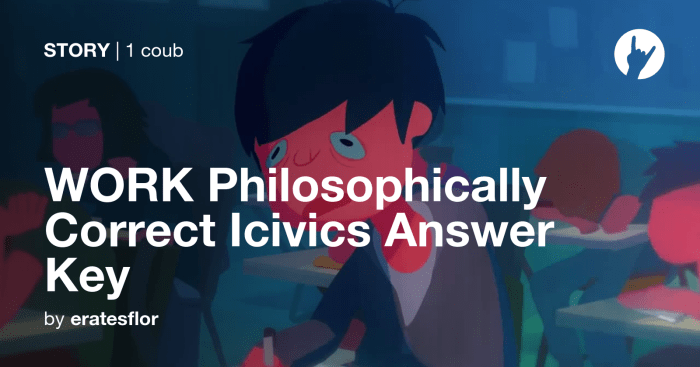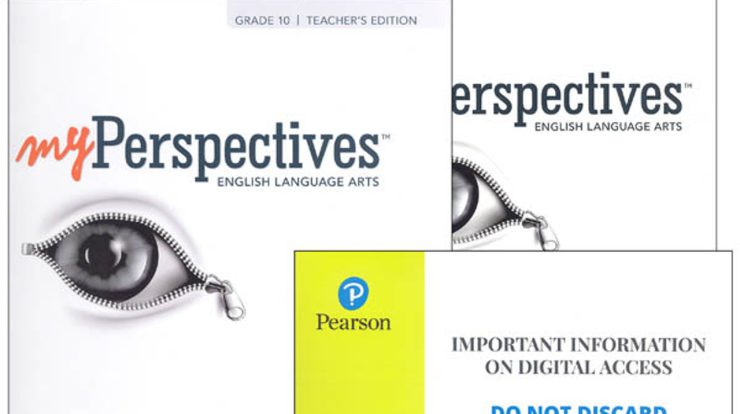Philosophically correct worksheet answer key – The concept of philosophical correctness in worksheet answer keys is a multifaceted and nuanced topic that has profound implications for education and intellectual inquiry. This comprehensive guide delves into the philosophical foundations, criteria, methodologies, and applications of philosophical correctness, providing a roadmap for educators and students alike to navigate the complexities of this essential aspect of critical thinking and academic rigor.
Philosophical correctness is not merely a matter of subjective opinion but rather a rigorous process that involves the application of ethical and epistemological principles to evaluate the validity of worksheet answers. By understanding the underlying philosophical foundations of correctness, educators can foster a culture of critical thinking and intellectual honesty in their classrooms, empowering students to make informed decisions and develop a deep understanding of the subject matter.
Philosophical Foundations of Correctness

Philosophical correctness, in the context of worksheet answer keys, refers to the ethical and epistemological principles that guide the determination of the most accurate and justifiable response. It is essential for promoting intellectual rigor, critical thinking, and the pursuit of truth in education.
Ethical Principles
Philosophical correctness emphasizes the importance of ethical considerations in answering worksheets. This includes:
- Honesty: Providing answers that are truthful and not misleading.
- Objectivity: Striving to minimize bias and subjectivity in the analysis and presentation of information.
- Responsibility: Recognizing the potential impact of answers on students’ understanding and future decision-making.
Epistemological Principles
Philosophical correctness also relies on epistemological principles, which govern the acquisition and validation of knowledge. These principles include:
- Logical Reasoning: Using sound logic and deductive arguments to support answers.
- Empirical Evidence: Grounding answers in empirical data, research, and observations.
- Cultural Context: Considering the cultural and historical context in which knowledge is produced and disseminated.
Examples of Philosophical Arguments, Philosophically correct worksheet answer key
Philosophical arguments for and against specific worksheet answers can be complex and varied. Here are two examples:
- Argument for:A historical event occurred on a specific date, supported by multiple historical documents and eyewitness accounts.
- Argument against:A scientific theory is not definitively proven, as it is subject to ongoing research and revision.
FAQ Guide: Philosophically Correct Worksheet Answer Key
What is the significance of philosophical correctness in worksheet answer keys?
Philosophical correctness ensures that worksheet answers are ethically sound, epistemologically justified, and logically coherent, promoting critical thinking and intellectual rigor in education.
How can educators integrate philosophical correctness into worksheet design and assessment practices?
Educators can incorporate philosophical principles into worksheet questions, provide opportunities for students to justify their answers, and encourage the use of evidence and logical reasoning in their responses.
What are the challenges in establishing objective philosophical criteria for worksheet answers?
Establishing objective criteria can be challenging due to the subjective nature of philosophical inquiry and the influence of cultural and contextual factors on what is considered correct.

